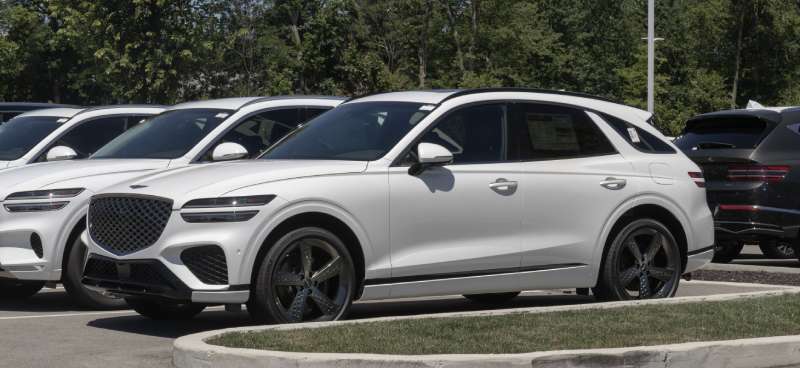Why Are Turbochargers Becoming More Common?

Turbochargers have gained traction in automotive engineering. These powerful devices increase engine efficiency while offering a boost in both performance and fuel economy. Why are turbochargers becoming more common? The answer lies in technological advancements, environmental concerns, and consumer demands for better vehicle performance.
Technological Advancements Drive Adoption
Turbocharger technology has evolved rapidly over the past decade. Engineers have refined the design, making modern turbochargers smaller, more efficient, and more reliable.
The evolution of tech has made it easier for manufacturers to integrate turbochargers into a broader range of vehicles. The precision in engineering has also reduced the lag traditionally associated with turbocharged engines, providing drivers with a seamless power delivery.
Additionally, advancements in airflow management within turbochargers play a crucial role in their popularity. Improved airflow enhances engine performance and contributes to lower emissions. Manufacturers continue to innovate in this area, ensuring that turbochargers remain key components in modern vehicle design.
Environmental Concerns and Fuel Efficiency
Turbochargers offer a significant advantage in fuel efficiency, which addresses growing environmental concerns. By allowing smaller engines to produce more power, turbochargers reduce fuel consumption and, consequently, lower greenhouse gas emissions.
As governments worldwide impose stricter fuel economy standards, automakers are turning to turbochargers as a solution. Legislation, in part, explains why turbochargers are more common across different vehicle segments, from compact cars to heavy-duty trucks.
Moreover, turbochargers enable engines to meet performance expectations without increasing engine size. This balance between power and eco-friendliness is a priority for many drivers, and turbochargers deliver on this expectation.
Consumer Demand for Enhanced Performance
Drivers today expect more from their vehicles, not just in terms of fuel economy but also performance. Turbochargers provide more horsepower to enhance acceleration and the driving experience. The demand for performance without sacrificing efficiency has made turbocharged vehicles more attractive to a broader audience.
As the automotive industry evolves, consumers also face new challenges, such as transmission issues that can arise from increased power output. Understanding the common causes of transmission troubles can help drivers manage these challenges, especially in turbocharged vehicles.
The Future of Turbochargers
The role of turbochargers in the automotive industry will continue to grow. Manufacturers are exploring new materials and designs that could make turbochargers more efficient and durable.
Hybrid and electric vehicle manufacturers may also incorporate turbochargers to optimize performance. These devices will remain relevant even as the industry shifts toward alternative powertrains.
It’s clear why turbochargers are becoming more common. As we progress, turbochargers will continue to be cornerstones of automotive innovation, offering a compelling combination of power, efficiency, and environmental responsibility.



2 Comments
Terri Quick
Thank you for sharing this great post
heather
This was interesting to read I didn’t know a lot about turbochargers. Hey I just want to spend less on gas.